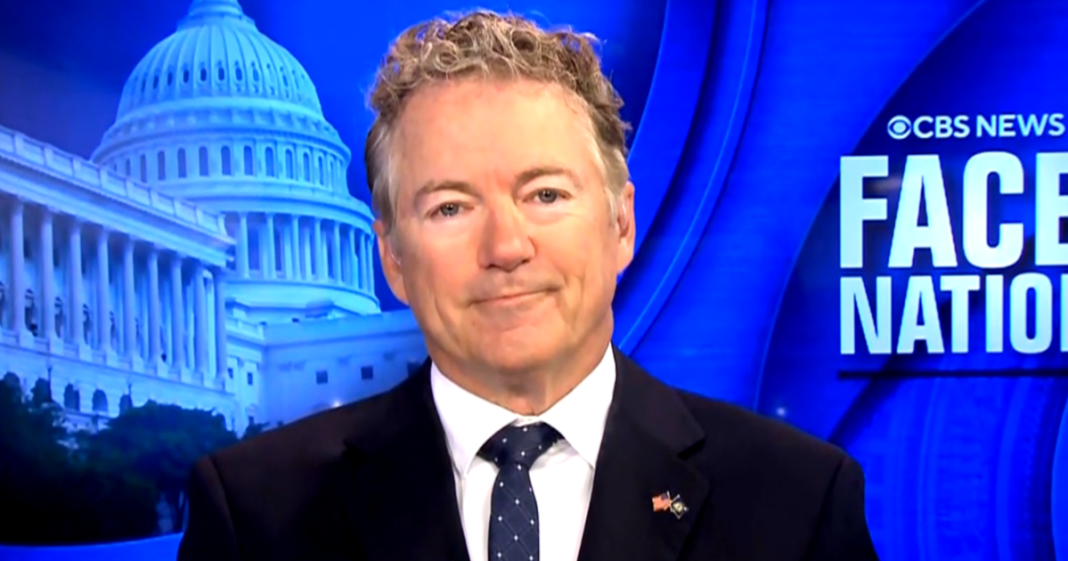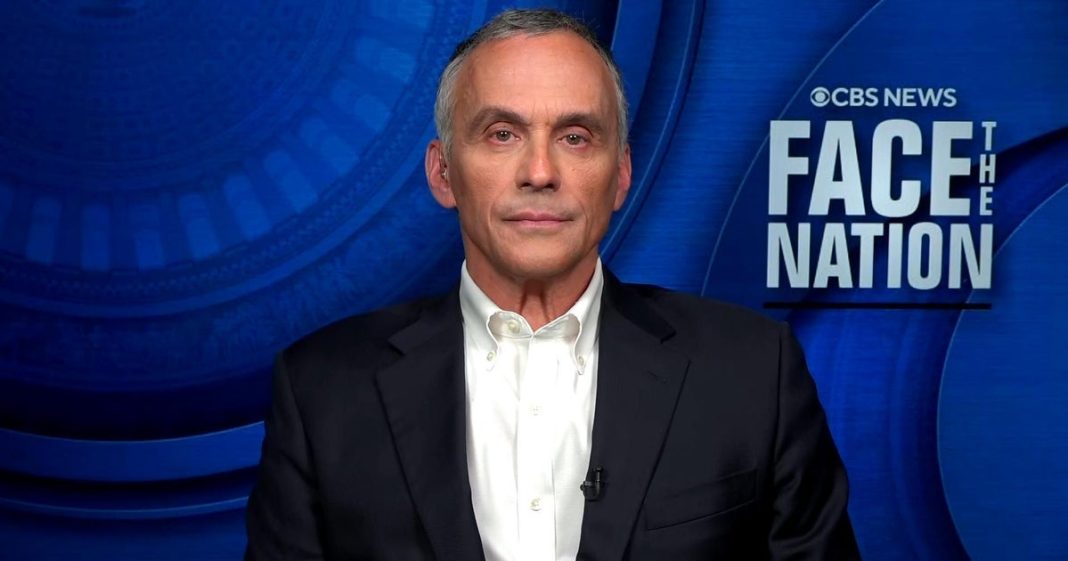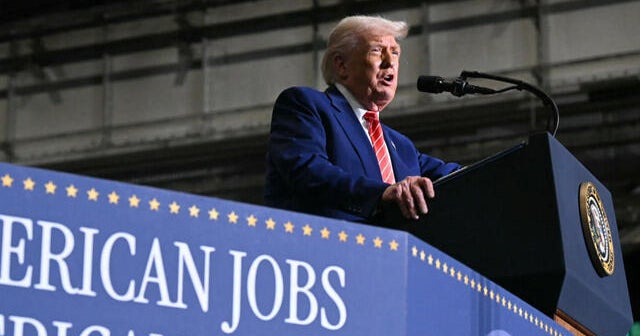Washington — Sen. Rand Paul, a Kentucky Republican, said Sunday that “the math doesn’t really add up” on the cost of President Trump’s “one big beautiful bill,” while outlining his opposition as the legislation moves to the Senate this week.
“I think they’re asking for too much money,” Paul said on “Face the Nation with Margaret Brennan.”
Paul is among a handful of Senate Republicans who have expressed opposition to the centerpiece legislation of Mr. Trump’s second term agenda that addresses the president’s tax, defense and energy priorities and which the House narrowly approved last month. The Kentucky Republican argued Sunday that with the legislation, “there’s going to be a lot of extra money” going toward “padding the military budget” and additional border security when “the President has essentially stopped the border flow without new money and without any legislation.”
But Paul’s red line, he indicated, is on the legislation’s provision that would to raise the debt ceiling. The House-passed bill includes a $4 trillion debt ceiling hike, while the Senate’s budget blueprint contained a $5 trillion increase. And Treasury Secretary Scott Bessent told congressional leaders earlier this month that the federal government could be unable to pay its bills as soon as August if Congress doesn’t act. Paul has advocated for removing the debt ceiling provision from the bill and voting on the issue separately.
Paul said he wants to vote for the legislation and its tax components should the debt ceiling component be removed, saying “in all likelihood, I can vote for what the agreement is on the rest of the bill, and it doesn’t have to be perfect to my liking.” But for him, the debt ceiling increase is a nonstarter.
“If I vote for the $5 trillion debt, who’s left in Washington that cares about the debt?” Paul said. “The GOP will own the debt once they vote for this.”
Congressional Republicans have sought to raise the debt ceiling as part of the broader budget package because the reconciliation process that governs the bill allows them to move forward without support from across the aisle. Separating the debt ceiling component from the broader bill would mean Senate Republicans would have to negotiate with Democrats, giving them an opportunity to extract leverage despite the GOP majorities in Congress.
Still, Paul argued that the Republicans who support the spending increase should be the ones responsible for voting for a debt ceiling increase, noting that Democrats have historically supported raising the debt limit as well. The Kentucky Republican has also proposed smaller increases that suspend the debt limit for a matter of months, forcing lawmakers to verify that spending cuts have been implemented before approving a further hike.
Mr. Trump warned Paul about opposing the legislation in a post on Truth Social Saturday, saying “Rand will be playing right into the hands of the Democrats, and the GREAT people of Kentucky will never forgive him!”
Meanwhile, Bessent, who also appeared Sunday on “Face the Nation,” pushed back on the bill’s forecasted impact on the deficit, pointing to income from tariffs among other things that he said will improve the full picture.
The treasury secretary said changes to the bill will be “the Senate’s decision,” noting that he’s been working closely with Senate Majority Leader John Thune, whom he said has been “doing a fantastic job.”
“Everyone said that Speaker Johnson would not be able to get this bill out of the House with his slim majority – he got it out, ” Bessent said. “Leader Thune has a bigger majority, and this is with President Trump’s leadership.”
Asked about the administration’s red lines as the bill heads to the Senate, Bessent pointed to some of the president’s campaign promises, including no tax on tips, no tax on overtime, no tax on Social Security, among others, which he said would “have to stay in.”
On the debt limit, Bessent urged that “the United States of America is never going to default.” But he declined to specify an X date, or the date the U.S. will run out of money to pay its bills.
“That is never going to happen,” he added. “We are on the warning track, and we will never hit the wall.”




